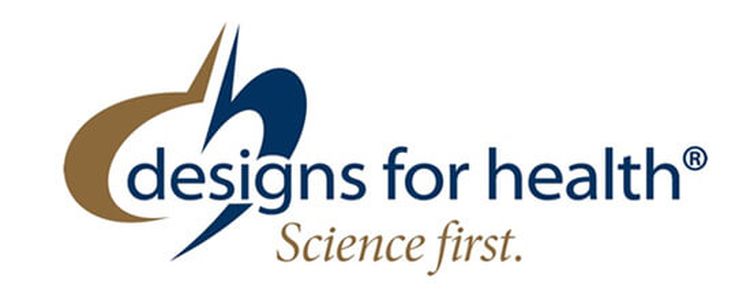


Search portal for IATI data on development and humanitarian activities on specific events or themes.


D3.js is a JavaScript library for manipulating documents based on data. D3 helps you bring data to life using HTML, SVG, and CSS. D3’s emphasis on web standards gives you the full capabilities of modern browsers without tying yourself to a proprietary framework, combining powerful visualization components and a data-driven approach to DOM manipulation.


Well-known open-source Java platform used in many developing-country contexts for aggregated health data, and can do some visualization and data interoperability.


Online tool with four interrelated layers - providing a step-by-step process allowing organizations to begin to plan enterprise architecture and accelerate progress toward the SDGs — Use cases, workflows, building blocks, and products.


Handbook with skills for designing and implementing mobile data for development (MD4D) projects — a collaboration with DATA-POP Alliance.



Guide for digital privacy, security, and wellbeing. Everyday steps you can take to control your digital privacy, security, and wellbeing in ways that feel right to you.



Data protection guide with explainer infographics from Privacy International.


Assessment tool that outlines the opportunities and risks to consider at each stage of the data lifecycle when implementing a data collaborative.





Keeping track of what AI can do and where it is being applied — this is an incredible list and a great way to start conversations.


Free, open-source software to provide civic organizations, legislatures, and political parties with the capabilities to effectively engage 21st century citizens and build better democracies.


Analyzes and distributes survey results regarding health, nutrition, HIV for over 75 countries.


The Mental Health Patterns Library is a resource for those involved in developing and delivering digital mental health support. It’s designed to encourage learning and the sharing of best practice.


Share opportunities and challenges related to the successful application of design in global health and to co-create a vision for the future.


Web-based project management tool specially designed for the international development community.


Blog for the NGO focused on combining data, technology, and people. Good examples of tools built for actual use by/in organizations.


WHO global technology registry platform aiming to strengthen the value and impact of digital health investments, improve coordination, and facilitate institutionalization and scale.


Set of principles launched at the World Health Summit 2018 for donors to align their investments to country digital health strategies that are in support of national health strategies.


Guidelines that can help development practitioners integrate established best practices into technology-enabled program - written by and for international development donors, multilateral organizations, and implementing partners, and they are freely available for use by all.


This site houses information and resources developed by FHI 360, with grant funding from the Rockefeller Foundation, to support resilience practitioners and the broader development community to identify digital technologies that have the potential to enhance resilience outcomes, particularly in Asia. Currently, you can find an inventory of more than 100 digital technologies that are being used for resilience, as well as a tool to help you more effectively plan to use digital technologies and conduct due diligence on digital technology providers.


A relatively new but well-written blog covering recent technologies, experiments with tech solutions, and reviews.
